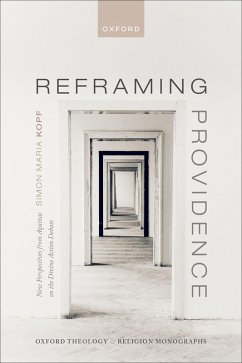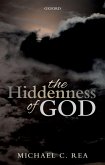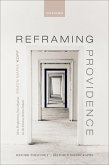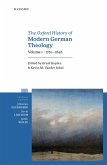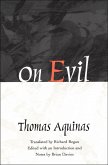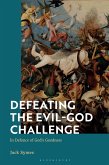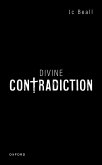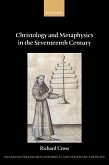The doctrine of providence, which states that God guides his creation, has been widely conceived in action terms in recent theological scholarship. A telling example is the so-called divine action debate, which is largely based on two principles: (i) providence is best conceptualised in terms of divine action; and (ii) divine action is best modelled on human action. By examining this debate, and especially the Divine Action Project (1988-2003), which led to the 'scientific turn' of the debate, this study argues that theo-physical incompatibilism, as a corollary of this 'framing' of providence, can be identified as the main reason for the current deadlock in divine action theories-namely, the assumption that just as human (libertarian) free action presupposes causal indeterminism, so, too, does divine action in the world presuppose causal indeterminism. Instead of recalibrating the much-discussed non-interventionist objective divine action (NIODA) approaches, Simon Maria Kopf advocates a 'reframing' of providence in terms of the virtue of prudence. To this end, this book examines the 'prudential-ordinative' theory of Thomas Aquinas and contrasts it with the prevalent 'actionistic', or action-based, model of providence. In this process, Kopf discusses, among other topics, the doctrine of divine transcendence, primary and secondary causation, natural necessity and contingency, and teleology as essential features of this 'prudential-ordinative' theory. The final part of the book addresses how these two approaches fare when applied to the question of biological evolution, which includes the revisiting of the controversy between Stephen Jay Gould and Simon Conway Morris over what would happen if one were to rerun the tape of life.
Dieser Download kann aus rechtlichen Gründen nur mit Rechnungsadresse in A, B, BG, CY, CZ, D, DK, EW, E, FIN, F, GR, HR, H, IRL, I, LT, L, LR, M, NL, PL, P, R, S, SLO, SK ausgeliefert werden.

